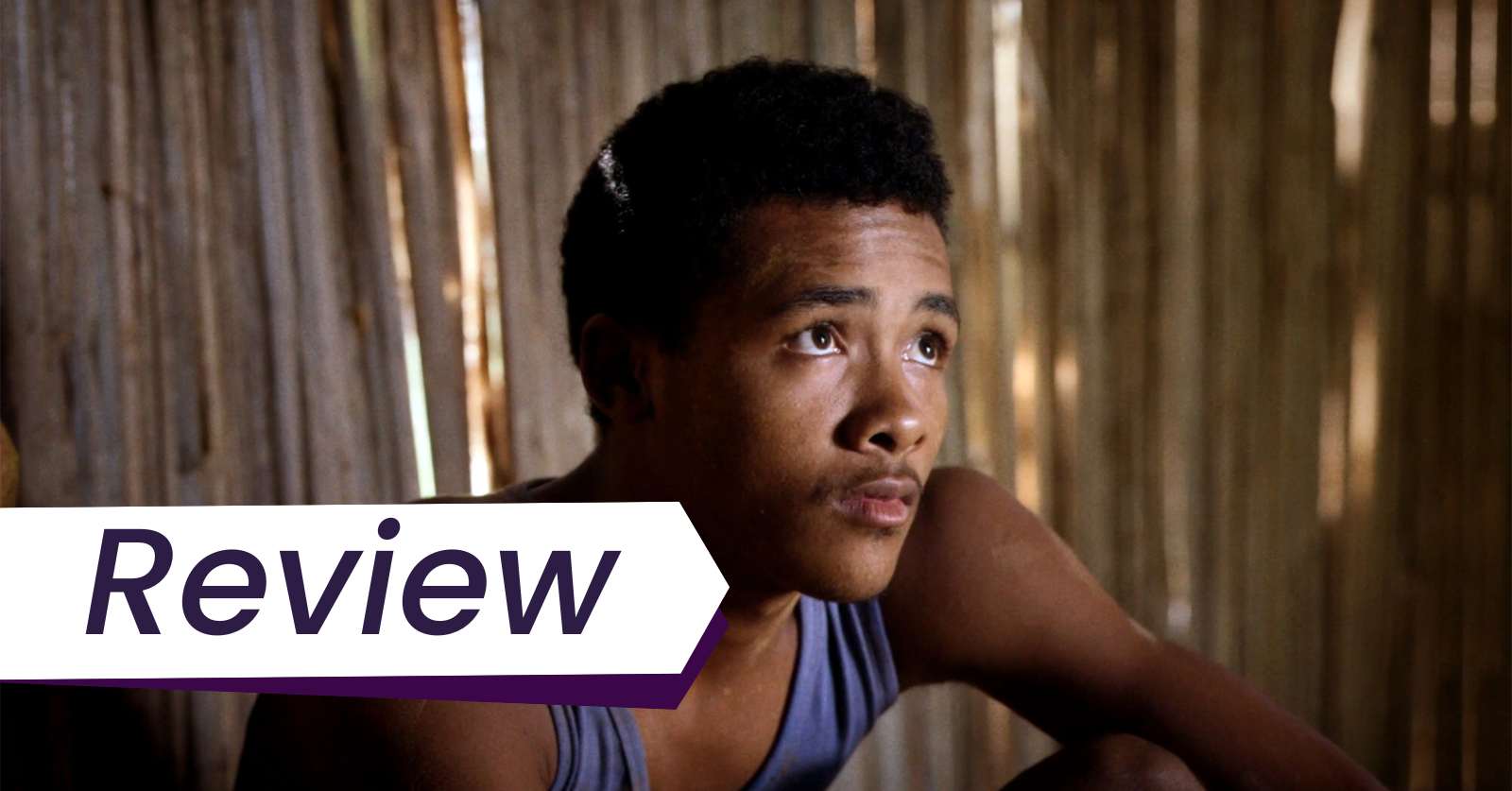Luck Razanajaona’s transporting and touching feature film debut, Disco Afrika, is part coming-of-age story, part political awakening, and a fantastic window into daily life in Madagascar. The film Disco Afrika screen’s in the Berlinale’s Generation 14+ section for films that would be fitting for teenagers 14 years and older.
Discover more great films from the Berlinale.

Discover one film you didn’t know you needed:
Not in the zeitgeist. Not pushed by streamers.
But still easy to find — and worth sitting with.
And a guide to help you do just that.
Luck Razanajaona’s transporting and touching feature debut film, Disco Afrika, is part coming-of-age story, part political awakening, and a fantastic window into daily life in Madagascar. Twenty-year-old Kwame (Delanoël Parista Sambo) spent most of his life actively avoiding politics because his father was killed in a political protest when Kwame was just four. When Kwame’s best friend is suddenly killed, he finds it increasingly impossible to ignore the corruption that surrounds him. He becomes fired up by the desire to bring about change.
Films from and about Madagascar are few and far between — only one to two features are produced each year, and usually without state funding. The country has been under political upheaval for decades, with cycles of uprisings before returning to deep oppression. This makes the setting rife with dramatic possibilities. Although the plot details are pretty predictable, the film doesn’t treat Kwame as a Chosen One or his struggles as particularly unique. Instead, it paints a picture of political resistance as a necessary and dangerous part of life under a totalitarian regime. It’s not a vocation but a way of life in a country where the person who killed your father is a neighbour, and everyone has an agenda that makes them hard to trust.
Luck Razanajaona’s film Disco Afrika transports us to Toamasina, Madagascar
Set in Toamasina, Disco Afrika is most intriguing for its ability to transport you to this port city in East Africa. You can taste the salt air and feel the dusty streets. We learn the rhythms of quotidian life. Every day, Kwame takes a long trip into town in search of back-breaking work. When he’s lucky, he comes home with enough cash to stop by the market to pick up food for a substantial dinner. He lives in a two-room house with his single mother. They fetch water outside from a pump and deal with power outages nightly.
Razanajaona’s strength is especially in capturing lived-in off-hand moments between characters. One night, Kwame brings home food, puts on an old record, invites a family friend, and dances in the living room with his mother. It’s also the first step in Kwame’s quest to discover what happened to his father. Razanajaona’s interest in the mundane allows him to craft scenes that don’t feel overwrought, even when people broach the elephant in the room. He often hints at the unsaid by what the characters do say.
Related reading/listening to Luck Razanajaona’s Berlinale film Disco Afrika
More African Cinema: Read our reviews of Under the Fig Trees, Good Madam, The Gravedigger’s Wife (2021), The Wound (2018), Moffie (2020), and Our Lady of the Nile (2019). Also, listen to our podcast on Abderrahmane Sissako’s Bamako and Timbuktu.
More highlights from the Berlinale’s Generation section: Read our interviews with the filmmakers behind Ninjababy (2021), Stop-Zemlia (2021), and Nelly Rapp: Monster Agent (2021). Also, read our reviews of Summer Blur (2021), and Supa Modo (2018).
More from Berlinale 2024: Read all of our Berlinale coverage.

